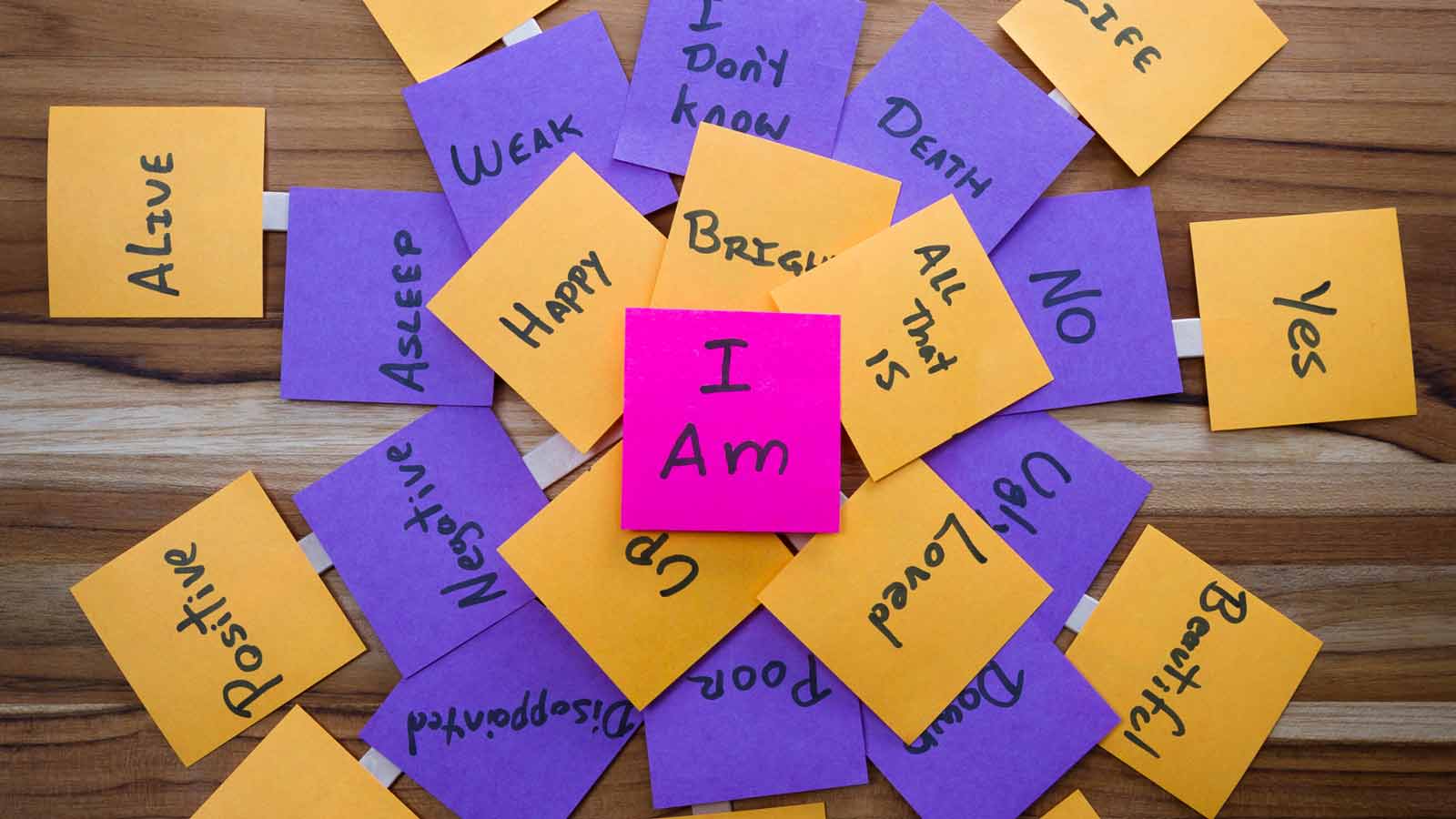
Have you ever asked yourself ‘what does good self-care really look like?’ I’m going to go out on a limb here and say that most people don’t exactly know what self-care is to them. To be honest though, it doesn’t really matter if you haven’t figured it all out yet! What really matters is that you explore, pay attention to yourself, and find out about some of the things that you may want to try. Sometimes it feels like I need more for my own self-care – that somehow I am not doing enough – and not surprising, because we hear the term self-care being used often these days. What I try to remind myself of is that self-care should be that “thing” that gives a boost or infusion by adding something that I need, instead of taking something away. In a way, it is a sacred inner reflection that only I can notice.
It is fair to say that the concept of self-caring as we know it today officially crossed over from the fringes of our society into mainstream culture over the last decade. The idea of self-care has actually been around for a very long time. From those early days when doctors began to encourage their patients to contribute to their own treatment; to addressing inequality issues, civil rights, and a lack of social services programs in the 60s and 70s; and well into the 80s and 90s when fitness and wellness became a “lifestyle” that catered to those with affluence and wealth. Self-care has had many places in history and many faces to fit the current trends during those times. It hasn’t always been about soothing bubble baths, bucket lists, or setting big expectations. Self-care has an interesting past, and it has more to do with care for others, compassion for ourselves, tragedy and loss, and sometimes even the smallest and sweetest moments of life.
Listen to your heart, mind, body and soul – they will lead you to where you need to go. Self-care can, at times, seem planned, over-scheduled, mechanical, evaluated and potentially very frustrating. Does this sound familiar? There are many websites with huge checklists to tick off, and social media channels that have an unlimited amount of tips and self-care ideas to explore, everything you need to know on how master a self-care mindset. Although some of these pieces can be very entertaining and have many good ideas, don’t get stuck on what other people say and sell that may not work for you. The important take away is that caring for yourself doesn’t have to be complicated and is about so much more than keeping stress at bay. It is about our relationships with others and within our deepest connections to our own mental, emotional, spiritual and physical heath.
What comes to mind when you think about self-care? Do you ever ask yourself: How do I really feel? What do I need? What feels comfortable to me when I am dealing with life situations? The key to develop our own self-care practices is to learn about ourselves. Learning about yourself is a process that unfolds throughout our lives – at every age. Perhaps self-care is allowing yourself to “un-plan” yourself. A self-care plan can be helpful, too. Step back when you can, and make space for whatever you need. Self-care can be as simple as getting rest, remembering to eat, or going for a walk. In the simplest way I can explain, we are all humans. We connect our ideas, thoughts, and feelings, and seek an inner balance. When life happens, sometimes we struggle and will need help from others. Our views change, we have setbacks, we love, we hurt, we grieve, we hope, we grow, and we begin to heal. And as a consequence, our self-care will change as we change too.
- Surviving the Season - December 12, 2024
- Behind the Scenes: Honouring our Pets—Past and present - February 21, 2024
- What to Expect: Your First Family Forum - February 8, 2024

 Find Support
Find Support Donate
Donate